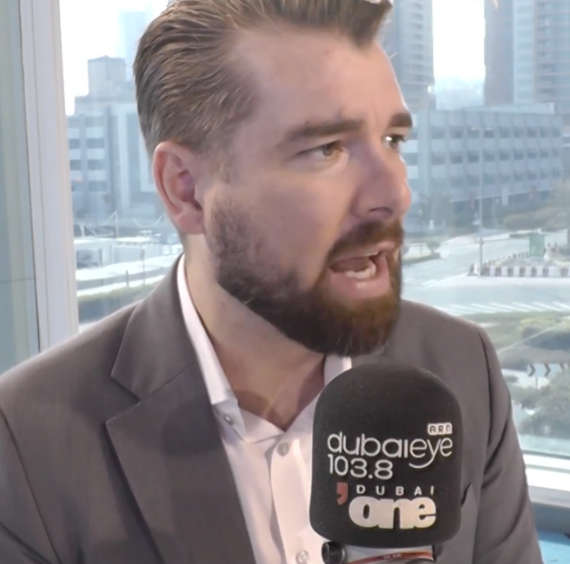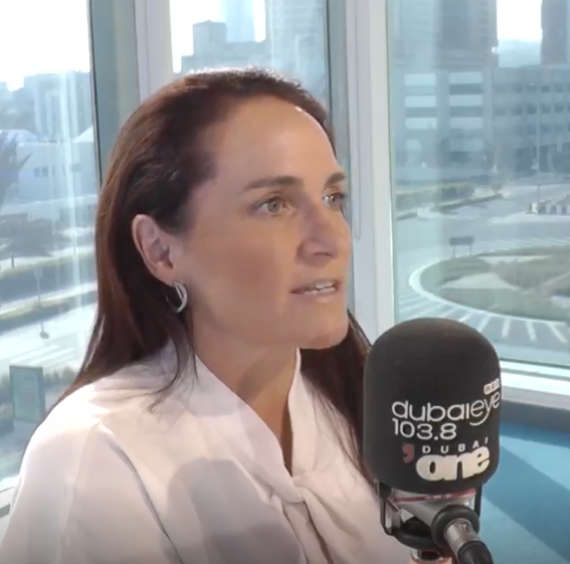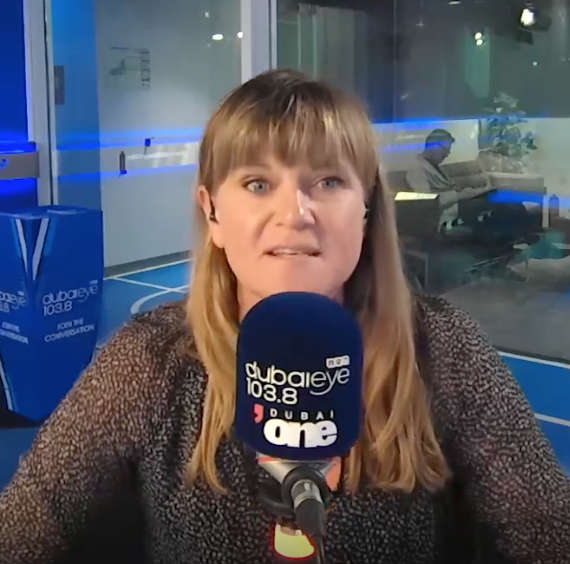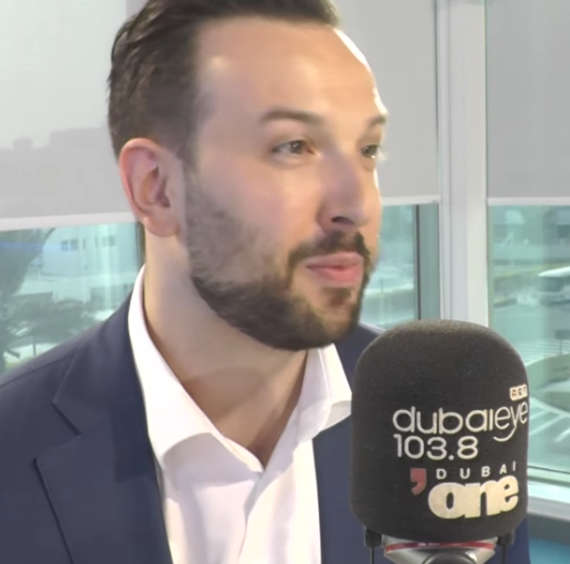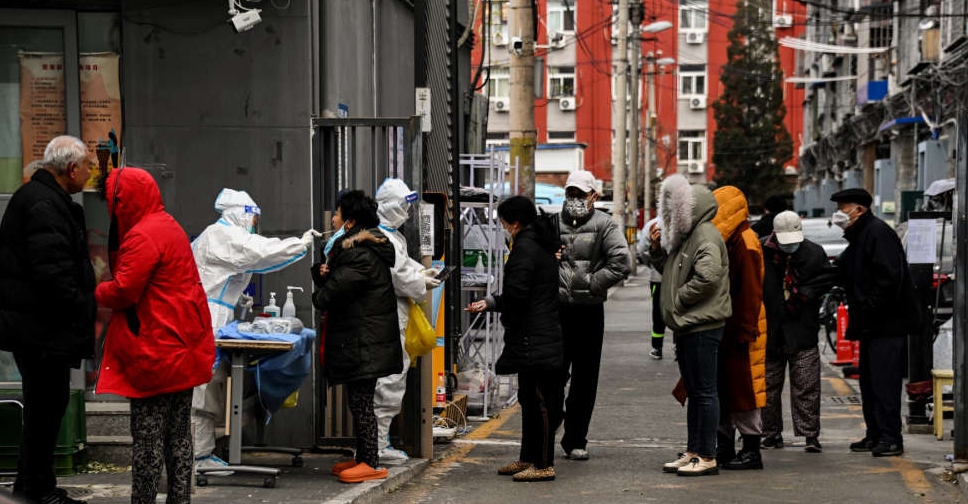
Further easing of COVID-19 testing requirements and quarantine rules in some Chinese cities was met with a mix of relief and worry on Friday, as hundreds of millions await an expected shift in national virus policies after widespread social unrest.
The looser measures were welcomed by workers frustrated by three years of economically damaging curbs, but have jolted others who suddenly feel more exposed to a disease authorities had consistently described as deadly until this week.
The elderly, many of whom are still unvaccinated, feel the most vulnerable.
China's COVID policies have stifled everything from domestic consumption to factory output and global supply chains, and have inflicted severe mental stress on hundreds of millions of people.
Anger over the world's toughest curbs fuelled dozens of protests in more than 20 cities in recent days in a show of civil disobedience unprecedented in mainland China since President Xi Jinping took power in 2012.
Less than 24 hours after people clashed with white hazmat-suited riot police in Guangzhou, a sprawling manufacturing hub just north of Hong Kong, the city lifted lockdowns in at least seven of its districts.
Lockdown interruptions over the last few years resulted in a 30 per cent drop in earnings, she said.
Vice Premier Sun Chunlan, who oversees COVID efforts, said this week the ability of the virus to cause disease was weakening - a message that aligns with what health authorities around the world have said for more than a year.
While government authorities in cities that have lifted lockdowns did not mention the protests in their announcements, national health officials have said China would address the "urgent concerns" expressed by the public.
BACK TO THE BARBER
Some communities now require less frequent testing and are allowing close contacts of infected people to quarantine at home, according to state media, measures expected to be rolled out nationwide in coming days.
China is set to announce a nationwide reduction in how frequent mass testing and regular nucleic acid tests will be conducted as well as allowing positive cases and close contacts to isolate at home under certain conditions, sources familiar with the matter told Reuters.
Chengdu and Tianjin, among China's biggest cities, on Friday announced they would not require subway users to show negative COVID tests from Saturday, another relaxation of a curb imposed to stop transmission of the virus in crowded public spaces.
Some communities in Beijing and elsewhere have already allowed close contacts of people carrying the virus to quarantine at home, while some shopping malls in the capital reopened from Thursday.
One residential community in east Beijing on Friday sent a notice to say those who have "no social activities," such as homebound elderly and infants, no longer needed to get tested regularly.
Several testing booths in the area have stopped operating and the number of people getting tested had dropped by up to 30 per cent, a staff member said. Still, the park nearby remained closed, while restaurants and cafes only sold takeaway.
Earlier in the year, entire communities were locked down, sometimes for weeks, after even just one positive case, with people stuck indoors losing income, having poor access to basic necessities, and struggling to cope with the isolation.
Some areas in Guangzhou resumed dine-in services, and residents are no longer asked to present negative PCR tests to enter, state media reported.
In nearby Shenzhen, some people will be allowed to quarantine at home. About 1,000 km to the west, in Chongqing, a wide range of businesses from barber shops to gyms were allowed to reopen this week.
In Jincheng, which is half way between Beijing and Shanghai, people can go back to karaoke venues but still cannot eat at restaurants.
At the same time, many communities in areas designated as high risk by various cities remain under lockdown and many people are still required to take daily tests.
"The uplifted mood isn’t universal," a Guangzhou-based diplomat said. "Although a lot of people are enjoying new-found freedom, it’s worth noting that there are still hundreds of high-risk zones that are locked down throughout the city."



 Israel says it is poised to move on Rafah
Israel says it is poised to move on Rafah
 More than 100 pilot whales stranded in Western Australia, experts say
More than 100 pilot whales stranded in Western Australia, experts say
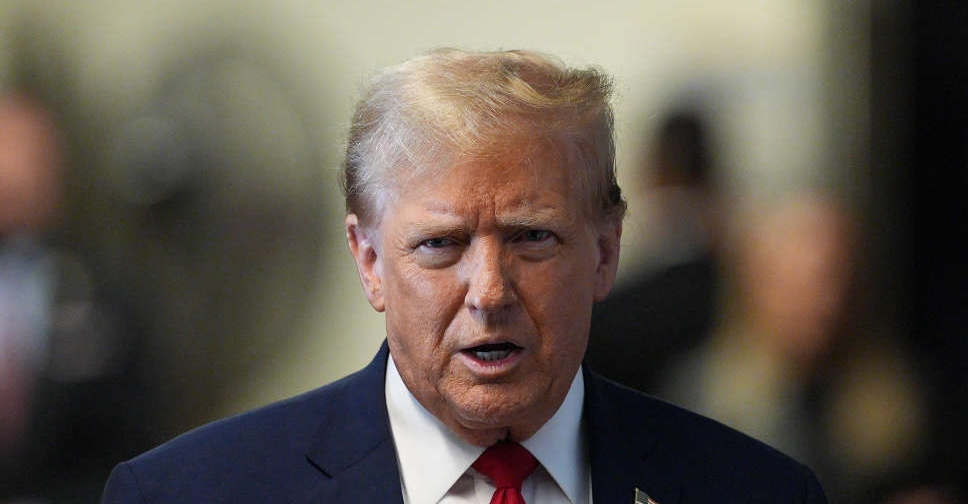 Grand jury indicts 18 in Arizona fake elector scheme
Grand jury indicts 18 in Arizona fake elector scheme
 India inspects spice makers over alleged contamination
India inspects spice makers over alleged contamination
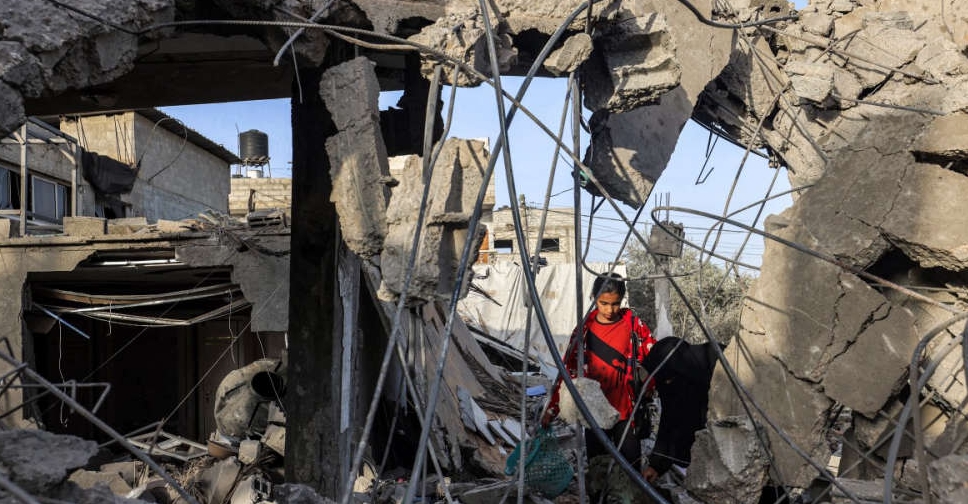 Israeli media predict offensive in Gaza's Rafah soon
Israeli media predict offensive in Gaza's Rafah soon

